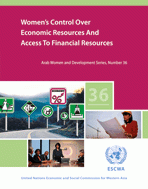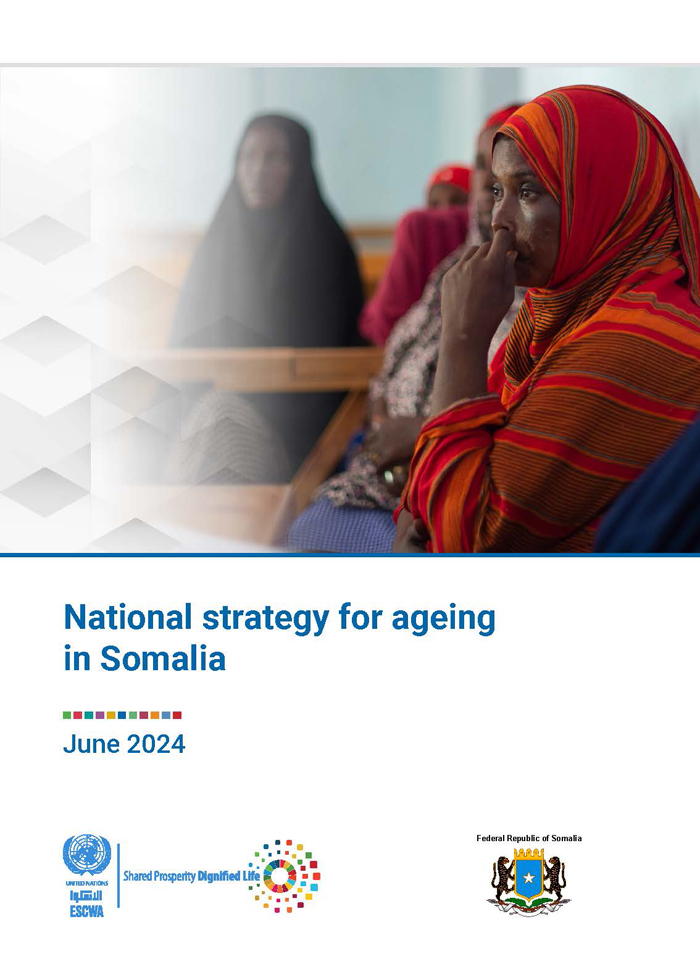
ESCWA Publication: E/ESCWA/ECW/2009/2/Rev.1
Country: Arab region, Kingdom of Bahrain, Arab Republic of Egypt, Hashemite Kingdom of Jordan, State of Kuwait, Lebanese Republic, Kingdom of Morocco, Sultanate of Oman, State of Palestine, State of Qatar, Kingdom of Saudi Arabia, Syrian Arab Republic, United Arab Emirates, Republic of Yemen
Publication Type: Reports & studies
Cluster: Gender Justice, Population and Inclusive Development
Focus Area: Financing for development, Gender equality
Initiatives: Women’s rights and gender mainstreaming
SDGs: Goal 5: Gender Equality
Keywords: Arab countries, Economic development, Employment discrimination, Empowerment, Equal pay, Financial resources, Labour law, Labour market, Microcredit, Middle east, Muslim women, Unemployment, Women in development, Women workers, Women's advancement, Women's employment, Women's rights, Women's status
Women's control over economic resources and access to financial resources
January 2009
Although female economic activity has steadily increased in the ESCWA region in recent decades, women still face a number of gender-based barriers that prevent them from gaining full control over economic resources and access to financial resources. This study, which is the thirty-sixth issue in the Arab Women and Development Series, addresses a broad selection of topics related to the economic empowerment of Arab women.
Drawing on a wide range of examples and best practices from countries in the region, the study provides an in-depth analysis of both the public and private sectors as employers, and the role that vulnerable and informal employment play for women. It provides a comprehensive overview of the gender-based barriers that women face in trying to access economic and financial resources, and offers recommendations to policymakers on the ways to overcome such barriers in order to further integrate women into the economic and financial life of the region.
Related content
Financing for development
, Gender equality
,
Although female economic activity has steadily increased in the ESCWA region in recent decades, women still face a number of gender-based barriers that prevent them from gaining full control over economic resources and access to financial resources. This study, which is the thirty-sixth issue in the Arab Women and Development Series, addresses a broad selection of topics related to the economic empowerment of Arab women.
Drawing on a wide range of examples and best practices from countries in the region, the study provides an in-depth analysis of both the public and private sectors as employers, and the role that vulnerable and informal employment play for women. It provides a comprehensive overview of the gender-based barriers that women face in trying to access economic and financial resources, and offers recommendations to policymakers on the ways to overcome such barriers in order to further integrate women into the economic and financial life of the region.



